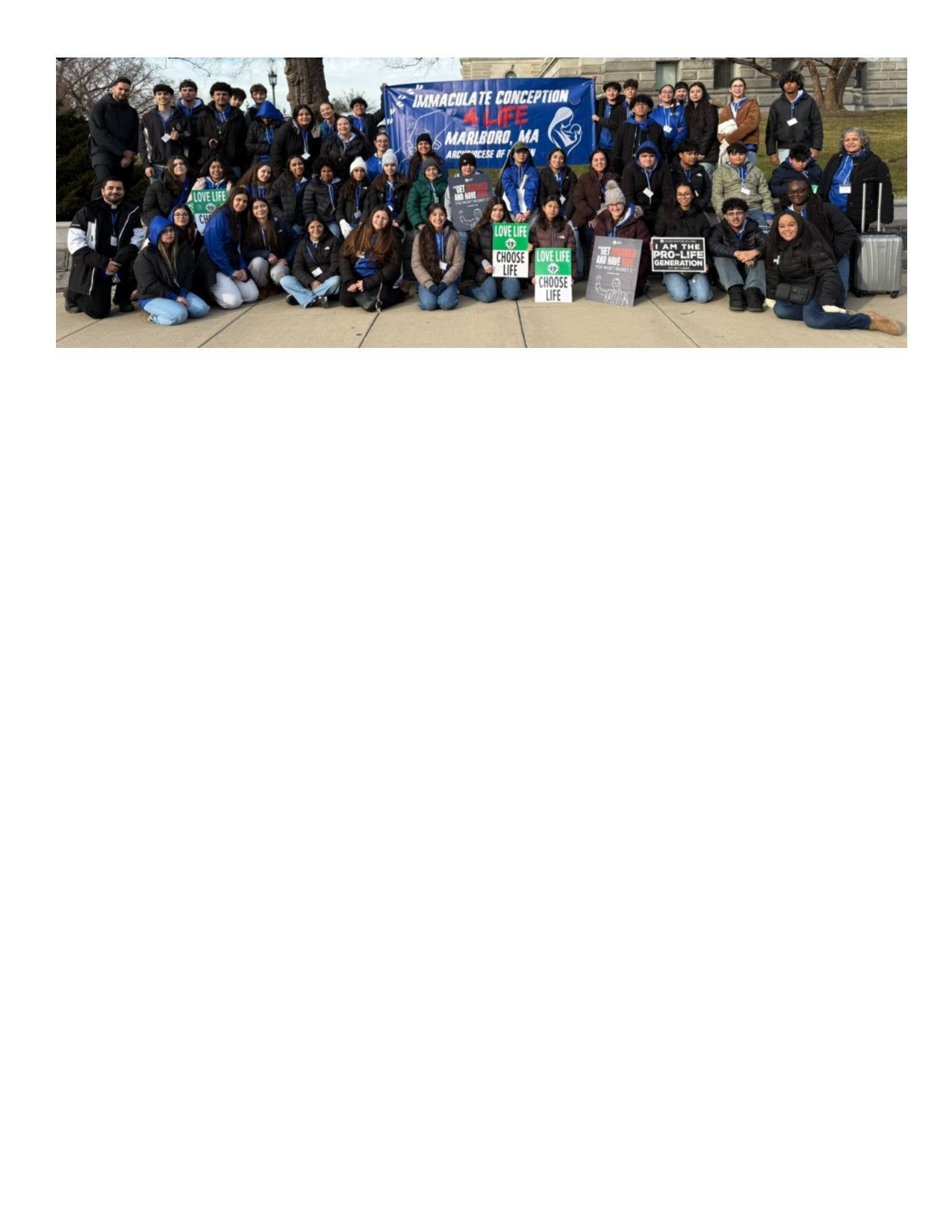From Father Steven - February 23, 2025
Dear Brothers and Sisters,
This week’s readings urge us to love our neighbors. It is certainly not easy, but not impossible either. Let us reflect on what God is asking us and how we can do it.
The greatest and most important tenet of our faith, and the first commandment is to love God and Him alone. The other day someone came to my office asking how we can love God. There are many ways to love God, talking to Him, listening to what He has to tell us, and putting into practice what He revealed to us. Another way we have to love God is to love everything that he created and to love Him in other people. Sometimes we don’t see God in other people. We forget that every single person was created in His image and likeness. Therefore, God can be seen in each person. Surely if we look at a person’s actions, we might not see God. However, He is present in that person in one way or another. Then, it flows from there what Christ will tell us what the other commandment is, “love your neighbor as yourself.” (Mt22:39)
One important observation is that these are not merely laws or suggestions which we can follow or break. The Jews see the 10 commandments as the “words of Life.” That is, these are the words that give us (eternal) life. Sometimes we understand only the legality of the law. We don’t understand the spirit through which it was passed onto us. A father does not have to create a law for his children saying that it is wrong to stick the finger into a power outlet. He teaches his children that it will hurt them if they do that. God in his pedagogy with the people of Israel and by extension with ourselves, he also teaches us what to do and what to avoid. These teachings that are meant to help lead us to heaven are handed down to us through the optic of the legal/judiciary mentality of the Roman Law. It is no longer a matter of doing the will of God or following the path to holiness, but rather to follow the dictate of the law.
Returning to the original topic of our reflection, we can now read that through a different way. The love of the other person, it is no longer a matter of personal preference, but rather, it is a path to salvation. It is interesting to observe that Christ will say to “love” one another. He never said that we have to like other people. Then he adds on, love “as I have loved you.” (Jn 13:34). Here we qualify what kind of love we are to give, that is, the same that we have received. Then the moment that we understand that by loving each other is the path to salvation, why should we not do it? What could prevent us from loving the other? Of course, to love the people that love us is easy, and to love the ones that are good to us is also natural. However, what about loving the people that persecute, hurt, and despise us? Let us look at St. Stephen while he is being stoned, or St Paul as he writes to the persecuted Christian community of Rome “bless those who persecute you.” (12:14). There are so many other testimonies of countless Christians that showed love to their executioners. Then, again, why should we not follow their example? One may add that he does not have the graces or he is not a saint like them, which is a valid response. I insist on asking the same question, what prevents us from being like them? We were all created in the same image and likeness of God. We all received the same Holy Spirit. We all received the same blessings through the sacraments.
In this Jubilee year, God wants to give many special graces. These graces are all means to help us to go to heaven by putting into practice that which God has called us. That is why we will be doing many activities this year to help flourish the graces in us and reject sin and the disordered desire for worldly things. I would even dare to say that God allows difficult people in our lives as a way to help us, not the contrary. In the life of St. Therese of Lisieux, we learn how challenging her mother superior was and how providential she was to make her a saint. Then, starting in Lent, we invite you to come to adoration and take advantage of the sacrament of confession Monday, Wednesday, Friday in English, Tuesday in Spanish, Thursday in Portuguese (Monday to Friday 6-7pm). We are also preparing talks every week where everyone is welcome to attend.
God Bless,
Fr. Steven


